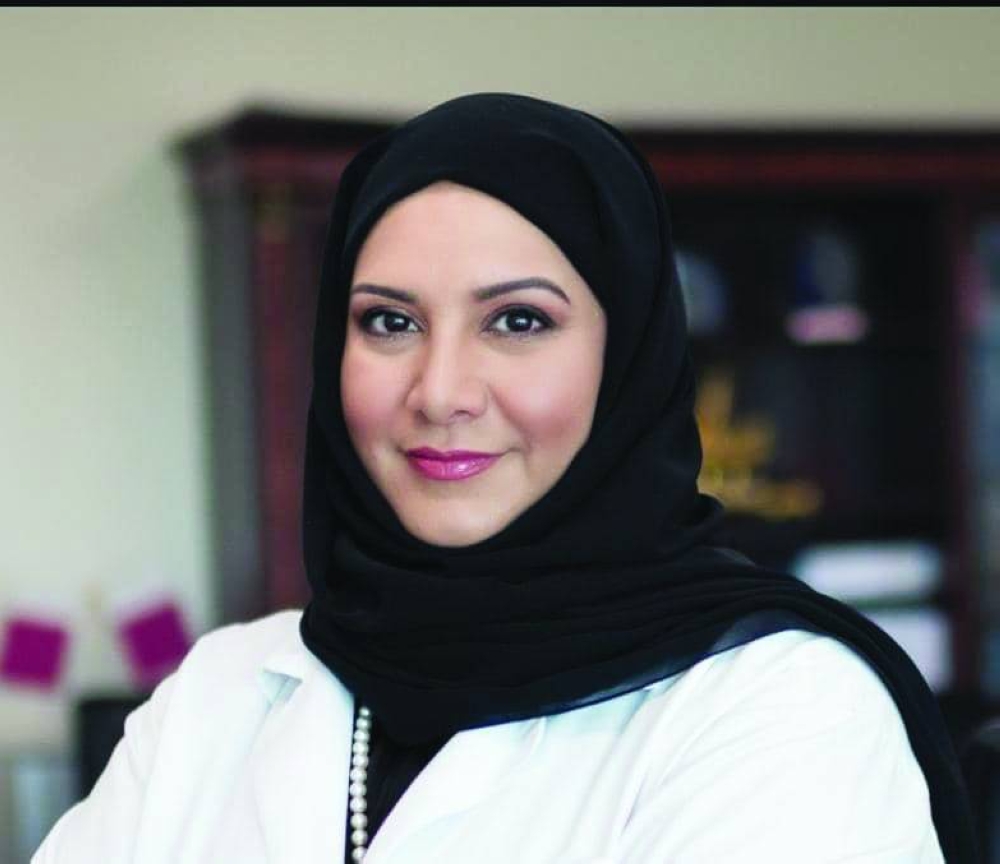The Department of Laboratory Medicine and Pathology (DLMP) at Hamad Medical Corporation (HMC), under the leadership of Dr Einas al-Kuwari, DLMP chair, is marking the 23rd anniversary of molecular genomics services in Qatar.
Established in 2001, the Molecular Genetics Laboratory has been pivotal in diagnosing genetic diseases and advancing Qatar’s healthcare system.
Dr al-Kuwari acknowledged: “Our molecular genetics services have revolutionised medical diagnostics in Qatar, providing cutting-edge, specialised services crucial to patient care. Over more than two decades, we have remained committed to staying at the forefront of medical advancements, ensuring that our patients access the latest and most effective diagnostic tools.”
This dedication to excellence has transformed how genetic disorders and personalised treatments are approached, setting new standards in the region. The Molecular Genetics Laboratory, one of the most specialised diagnostic facilities, serves thousands of patients annually, offering comprehensive testing for genetic diseases. The lab ensures high-quality care through rigorous international standards, performing around 55,000 genetic tests annually for approximately 30,000 cases.
The laboratory plays a crucial role in the National Pre-Marital Screening Programme, which has been operational since 2009. Cancer diagnosis and treatment have also been transformed by genomic advancements.
Genomic abnormalities, including accumulated mutations, contribute to cancers like melanoma, lung, and colorectal cancer. Precision medicine relies on understanding a patient’s unique genomic profile, combining insights from blood tests, tissue samples, and molecular biomarkers to guide individualised treatment plans. This multi-disciplinary approach ensures that patients receive the most appropriate and effective care.
The rapid evolution of precision medicine has made it possible to accurately diagnose genetic disorders and provide targeted gene therapies. Dr Moza al-Kowari, acting head of Molecular Genetics at HMC, said: “Children suffering from spinal muscular atrophy have been successfully treated using gene therapy, thanks to accurate genetic diagnosis. Most recently we are working on implementing genotyping for precise management for Alzheimer’s diseases.”
The Molecular Genetics Laboratory also supports blood cancer diagnosis and management, offering internationally accredited genomic analyses for blood and marrow referrals. Dr Susanna Akiki, head of Hemato-Oncology at HMC, emphasised that genomic technologies are central to their strategy.
The Solid Tumour service, led by Dr Wafa Abualainin, clinical scientist and head of Solid tumours- Diagnostic Genomic Division, works closely with HMC oncologists, pathologists, and other healthcare professionals to improve cancer patient care. This service focuses on a wide range of cancers, including but not limited to lung, colon, breast, thyroid, pancreatic and brain cancers. The service speeds up diagnosis and treatment, improving outcomes for adult and paediatric cancer patients.
Pharmacogenomics, a relatively new field clinically approved in Qatar, is another significant area of innovation at DLMP. This science aims to tailor medications to patients’ genetic profiles, optimising dosages and minimising side-effects, thereby improving safety and treatment efficacy.
Artificial intelligence plays a growing role in genomics at HMC. AI tools are employed to analyse complex data, link it to clinical symptoms or initial diagnoses, and to generate results rapidly.

Dr Einas al-Kuwari
